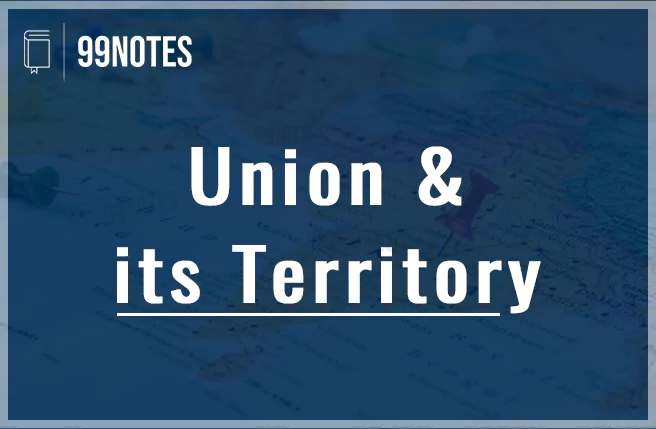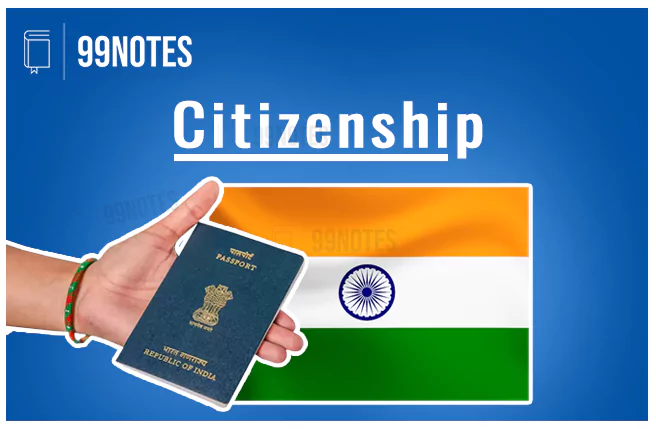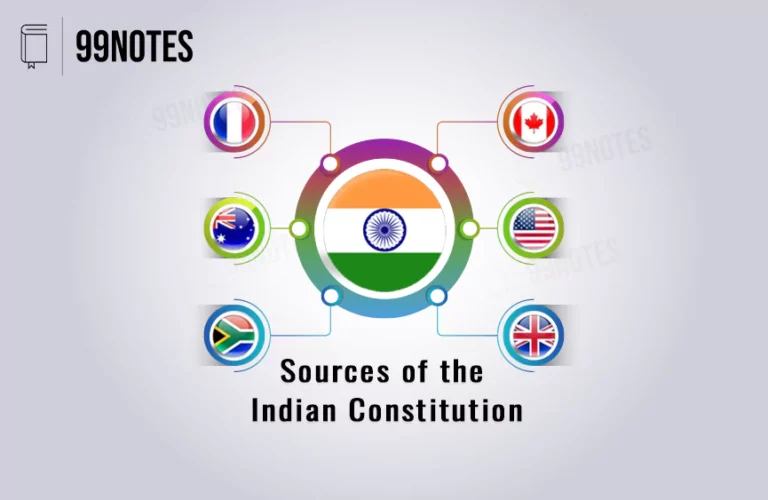Fundamental Duties
The idea of fundamental duty refers to a sense of moral obligations and responsibilities that an individual should uphold as a member of society and a nation. It serves as a moral compass for individuals, guiding them to act responsibly, ethically and with consideration for the nation’s well-being. It is often associated with the concept of…











 This Content is Locked
This Content is Locked